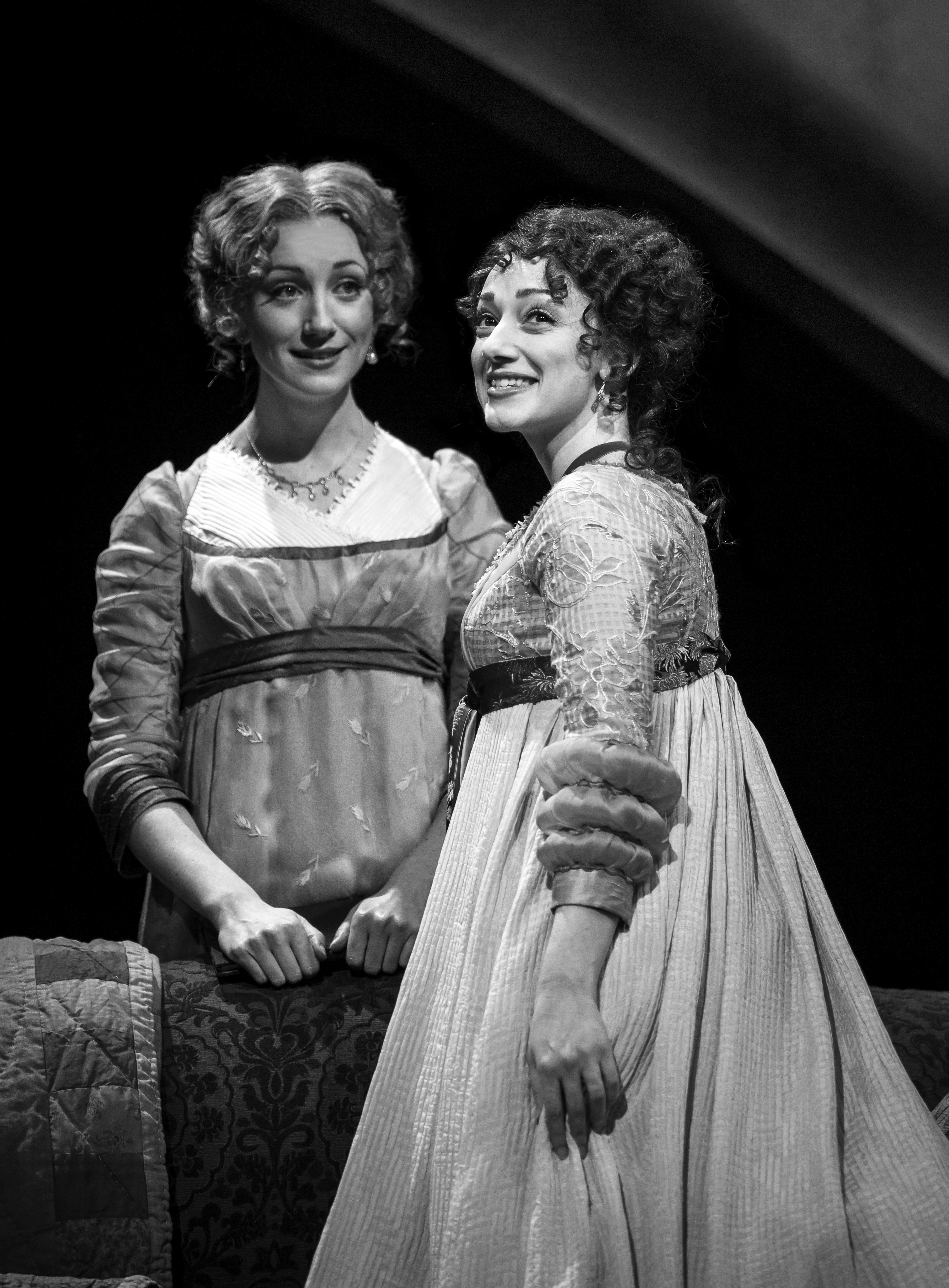Composer Paul Gordon spent the '80s penning chart-topping songs recorded by the likes of Juice Newton and Eddie Rabbitt, but these days Gordon has turned his ear toward a different kind of love story: the 19th century kind. Gordon’s musical adaptation of Jane Austen’s Sense and Sensibility premieres April 30 at Chicago Shakespeare Theater. Chicago caught up with Gordon between rehearsals to discuss why he left the lucrative field of pop, whether Austen counts as “chick lit,” and how a 204-year-old novel manages to stay relevant.
You had those two monster hits—"Friends and Lovers" and "Next Time I Fall"—in the 1980s. And then you walked away from pop music. Why?
I got tired of writing about myself. I mean, how many broken relationships can you write about without boring yourself and everybody else to death? After I left pop behind for musical theater, I spent the next decade pretty much in poverty, but I never looked back. I knew ultimately I would be much happier writing for the theater than writing pop songs.
Sense and Sensibility is your second adaptation of a Jane Austen novel, after Emma. What makes Austen’s writing fit for musical theater?
There’s something incredibly musical about her writing, about her language and the way she uses it. Often I’ll find a turn of phrase—a description, a piece of dialogue—and it feels like a melody or a lyric or the start of a song. And frankly, Austen’s work is in the public domain. It sounds awful, but part of the appeal to adapting Austen is that nobody has to pay any for the rights.
Sense and Sensibility was published in 1811 England when women couldn’t inherit property, have professions, or do much of anything except get married. Why do you think a 19th century story of sisters looking for husbands resonates today?
It’s a period piece for sure. Rent this is not. A lot has changed since the book was published. But love and romance? Heartache and yearning are the same today as they were 200 years ago. We live in a different world than Austen, but in the world of relationships things don’t change much. And Austen’s wit and intelligence—they’re timeless. She wrote the original rom-coms, paved the way for Spencer and Hepburn, Diane Keaton and Woody Allen, Meg Ryan and Billy Crystal. There’s another crucial element to the story as well—the love story between sisters Elinor and Marianne. You’ve got great romantic relationships in this story, but for me, the heart of it is about the bond between these sisters.
What comes first, the lyric or the melody?
Neither. The first thing I do is make an outline, chapter by chapter, scene by scene, character by character. I figure out precisely what and who moves the story forward. Some characters don’t make it. Some scenes don’t make it. Recently, I cut an entire song. It was a great song in a juicy scene and it broke my heart to get rid of it. But it wasn’t serving the story. It can be hard on the ego to cut, but writing musicals has to be an ego-less process. Not that I don’t have an ego. Believe me, I do. But I recognize that I can’t adapt every single page in the novel. The audience wouldn’t stand for it.
Which brings me to the leading lady here, Elinor. She’s the voice of reason and to her sister Marianne’s passion. Elinor is the last person you’d expect to be so overcome by emotion she’d break into song.
Coming up with Elinor’s songs has been challenging. She’s innately pent up. You can’t have a character who doesn’t often communicate her feelings suddenly burst out and open her heart in song. That said, it’s a fun challenge. It gets back to the musicality of the language, and the fact that sometimes the process takes you in a direction you didn’t expect. I view musicals kind of like sculptures—you’re always shaping and revising and reworking. Next week we’re in tech. I have two new songs to write before we get there. The timeframe is scary, but I can’t think of anything I’d rather be doing.
Who is your audience? Is this the theatrical equivalent of a chick flick?
I have no problem with chick flicks. I love chick flicks. Labeling something that appeals to women as somehow limiting or negative is wrong. I love writing for strong female characters. I love telling their stories. Dismissing those sorts of stories does a disservice to women.
Sense and Sensibility opens April 29 at Chicago Shakespeare Theater. For more information, go to chicagoshakes.com



